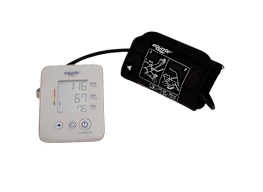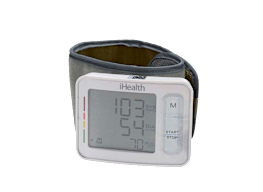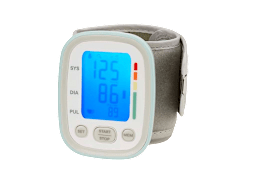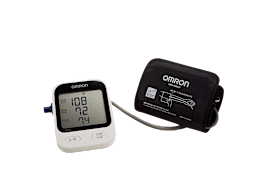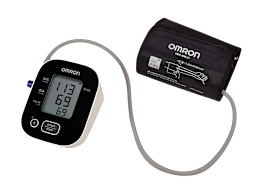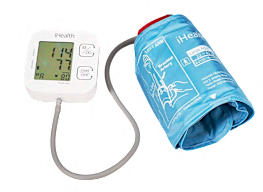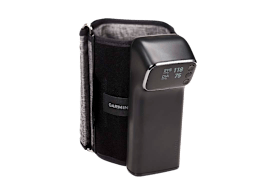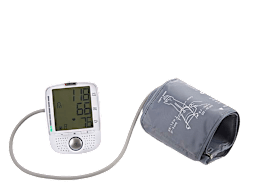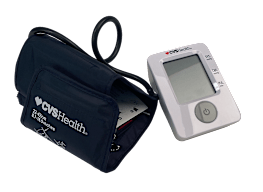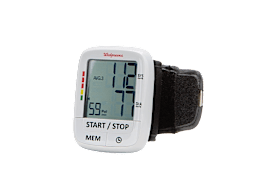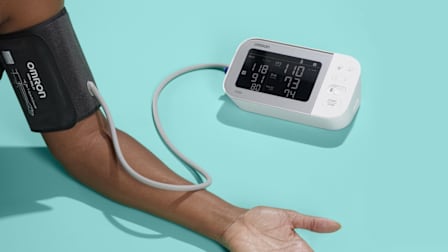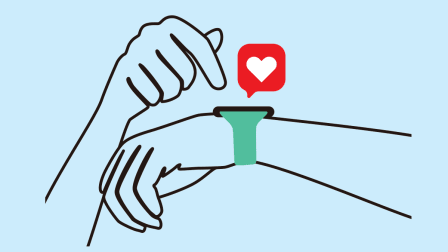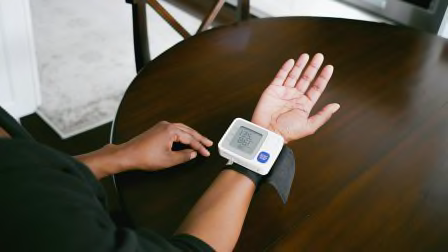When's the Best Time to Take Your Blood Pressure?
Consistency is most important
When you shop through retailer links on our site, we may earn affiliate commissions. 100% of the fees we collect are used to support our nonprofit mission. Learn more.
What time should you take your blood pressure? Here’s the answer to this common question: According to the American Heart Association, the most important thing is to take your blood pressure at the same time each day—whatever that time might be.
That being said, some experts recommend taking your blood pressure a little while after you wake up if you’re able to, before you’ve eaten breakfast or taken any medications.
How Often Should You Check Your Blood Pressure?
Your doctor can provide guidance on this according to your situation.
In general, if you have stable blood pressure and are in good health, Ruthmann says it doesn’t need to be checked more than once a day or even every few days. But if you have a diagnosis of high blood pressure and you’re working with your doctor to get it under control with medication, then you’ll want to check it first in the morning and then a second time in the evening, Ruthmann says. An hour or so after dinner, when you’re more relaxed, is a good time for that second reading, according to Oen-Hsiao. Just make sure that those two readings are at a consistent time day to day.
When you first start to check blood pressure, Ruthmann recommends that you take two or three readings in a row each time. That way, you can compare readings to make sure they’re roughly the same. “Often the first blood pressure is higher than repeat checks,” Ruthmann says. As you take readings over the course of days or even weeks, keep a chart or log. While there will be some natural variation in your blood pressure readings, “a trend over time can help your doctor best determine the next direction to go with your care plan,” he says.
Keep in mind that it’s normal for your blood pressure to go up and down throughout the day. Along with ordinary daily fluctuations, blood pressure can also go up in cold weather and down in hot weather, and can become elevated from stress, anxiety, caffeine, or exercise. Certain over-the-counter medications like decongestants or NSAIDs can also cause your blood pressure to go up, as can eating a heavy meal, like a steak dinner, Ruthmann says.
Check out the best home blood monitors of the year from CR’s tests.
Tips for Taking Your Blood Pressure
Along with taking your blood pressure at about the same time every day, it’s also important to take it correctly. Ruthmann recommends that you use an automatic, cuff-style, upper-arm monitor rather than a wrist or finger monitor, which is less reliable. (All of the recommended blood pressure monitors in CR’s ratings use an arm cuff.) Take the monitor to your doctor’s office once a year, so he or she can check that you’re using it correctly and that it’s accurate.
To get an accurate reading, you should always abstain from caffeine, alcohol, smoking, and exercise 30 minutes before you take a reading; empty your bladder; sit quietly for a few minutes before; and sit with your back straight and supported, your feet flat on the floor, and your arm at about heart level, supported on a surface like a table. See our tips for more on how to use a blood pressure monitor and how to get an accurate reading. It’s also important to use an accurate monitor; a few CR-recommended picks are below.

